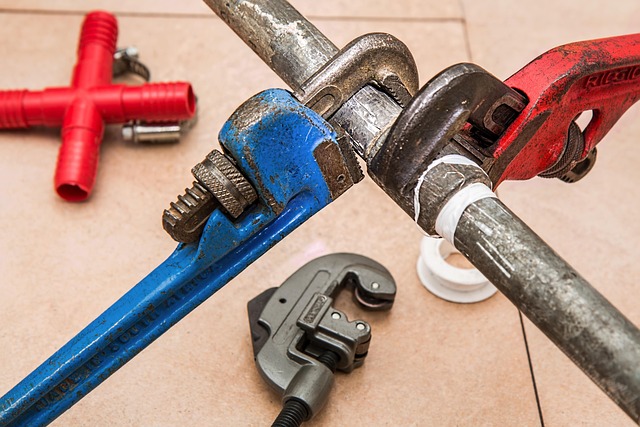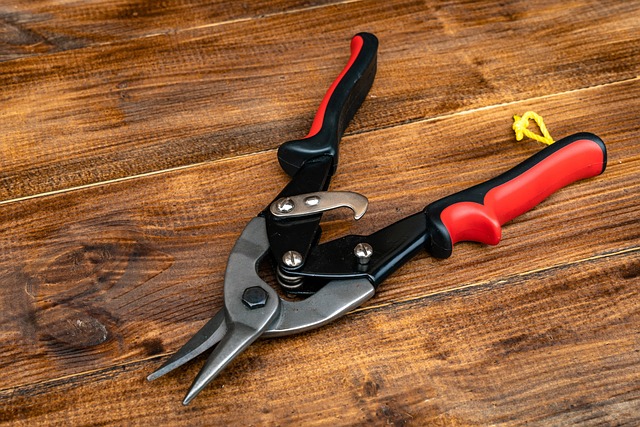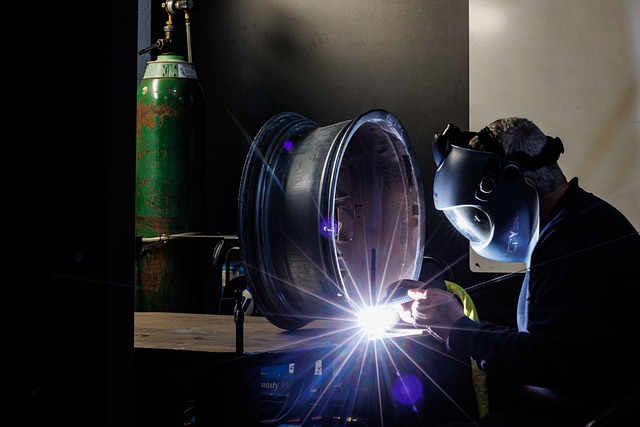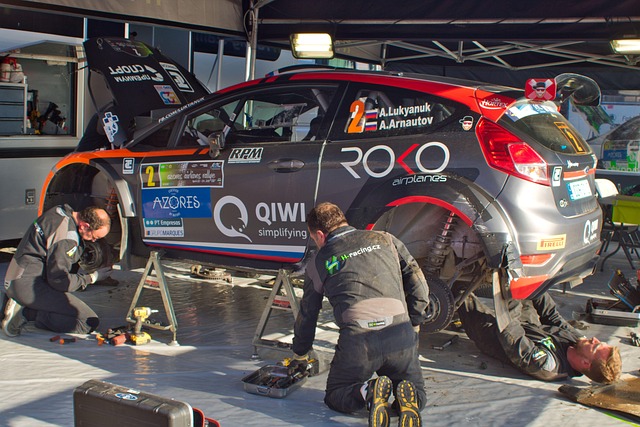Mercedes sensor adjustment is a crucial process ensuring the optimal performance and safety of Mercedes vehicles after repairs or auto body restoration. Skilled technicians use specialized tools and diagnostic software to fine-tune sensor settings, aligning them with post-restoration conditions. Regular adjustments enhance efficiency, ensure reliability of safety systems, and address potential issues from shock, debris, or temperature fluctuations. Timely adjustment is critical for maintaining optimal system calibration, enhancing safety features, and prolonging the lifespan of the vehicle.
Mercedes vehicles are renowned for their advanced technology and precision engineering, with sensors playing a vital role in maintaining optimal performance. Understanding the functionality of these sensors is crucial, especially after repairs or maintenance. When a repair occurs, components may shift, causing sensor inaccuracies that can impact vehicle operation. Timely Mercedes sensor adjustment ensures precise readings, enhancing safety and efficiency. This article explores why this critical step should never be overlooked.
- Understanding Mercedes Sensor Functionality
- Impact of Repairs on Sensor Accuracy
- The Importance of Timely Sensor Adjustment
Understanding Mercedes Sensor Functionality

Mercedes sensors play a crucial role in the vehicle’s performance and safety systems. These sophisticated devices are designed to monitor various aspects of the car’s operation, from engine temperature and pressure to wheel speed and airbag deployment. Each sensor is meticulously calibrated during production to ensure precise data readings. However, after repairs or auto body restoration at an auto collision center, these delicate adjustments can be disrupted.
The process of Mercedes sensor adjustment involves fine-tuning the settings to match the specific conditions of the vehicle post-repair. Auto bodywork experts utilize specialized tools and diagnostic software to calibrate sensors accurately, ensuring they function optimally. This is particularly important as even minor misalignments can lead to inefficient performance, inaccurate readings, or, worse, potential safety hazards. Regular sensor adjustment not only enhances the car’s overall efficiency but also guarantees the integrity of its critical safety features.
Impact of Repairs on Sensor Accuracy

When a vehicle undergoes repairs, especially after a collision, it’s essential to recognize that various components may have been affected. Mercedes sensor adjustment is a critical step in ensuring the accuracy and optimal performance of these sensors post-repair. Sensors play a vital role in modern vehicles, from monitoring engine performance to facilitating advanced safety features.
In the event of a car collision repair or auto glass replacement, sensors might experience shock, debris impact, or temperature fluctuations. These external factors can cause slight discrepancies in sensor readings, leading to inaccuracies. A collision repair shop’s expertise lies in calibrating these sensors to ensure they function precisely as intended. This adjustment process is crucial for the vehicle’s overall safety and efficiency.
The Importance of Timely Sensor Adjustment

In the world of automotive repair, especially for luxury brands like Mercedes, timely sensor adjustment is a crucial step that often goes unnoticed but has significant implications. Sensors play a vital role in modern vehicles, monitoring various systems to ensure optimal performance and safety. When a repair, particularly involving complex systems or paintless dent repair techniques, is conducted, these sensors can be thrown off balance. Over time, this misalignment can lead to inefficient engine operation, decreased fuel efficiency, and even potential safety hazards.
Therefore, it’s essential to emphasize the critical nature of Mercedes sensor adjustment post-repairs. This process fine-tunes the vehicle’s systems, ensuring each sensor is accurately calibrated. Auto painting or any form of automotive repair that involves intricate work should be followed by a thorough check and adjustment of sensors. By doing so, car owners can expect their vehicles to perform at peak levels, maintain reliable safety features, and perhaps even extend the life of their investment in both the vehicle and its upkeep.
Mercedes sensor adjustment is not just a recommended service, it’s a critical step ensuring optimal vehicle performance and safety after any repair. Understanding the functionality of these sensors and addressing their accuracy promptly is essential. Timely adjustments guarantee that your Mercedes operates efficiently, providing precise data for various systems, from engine management to active safety features. Don’t overlook this crucial process – proper Mercedes sensor adjustment is key to maintaining the integrity and reliability of your vehicle.













